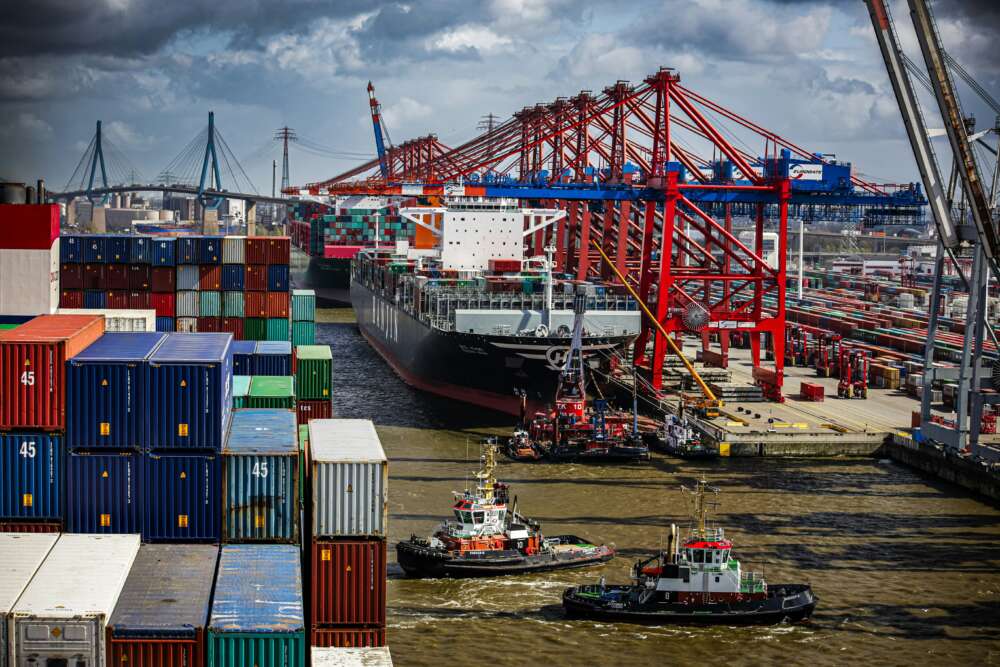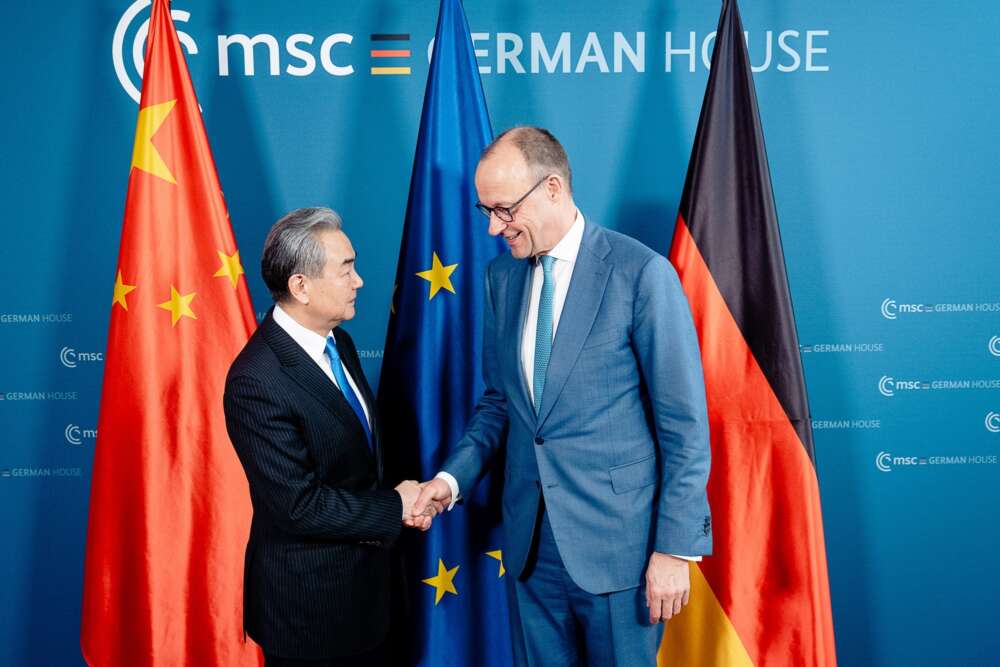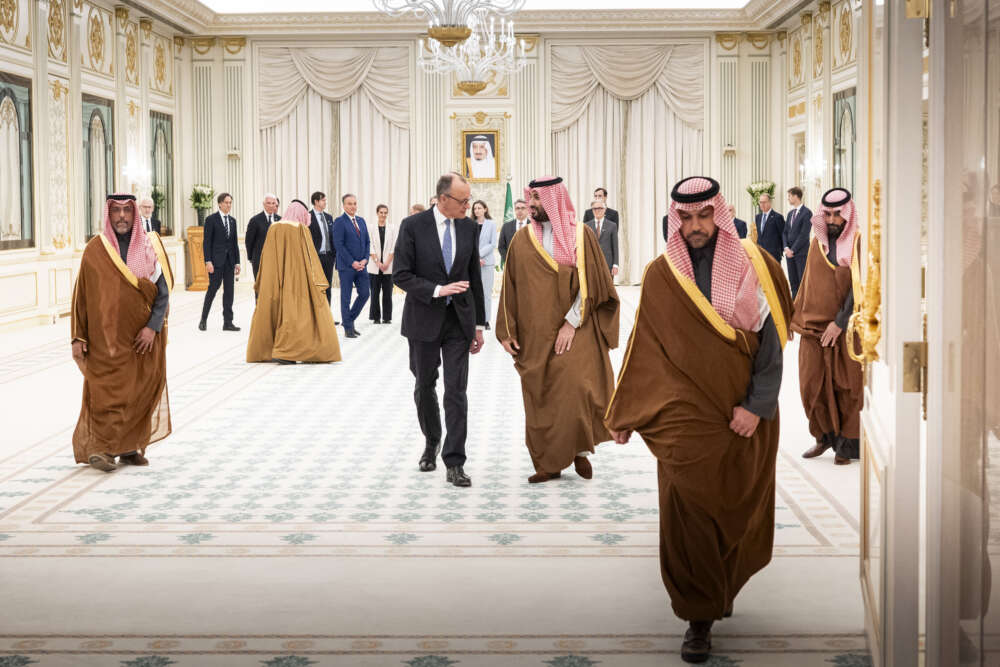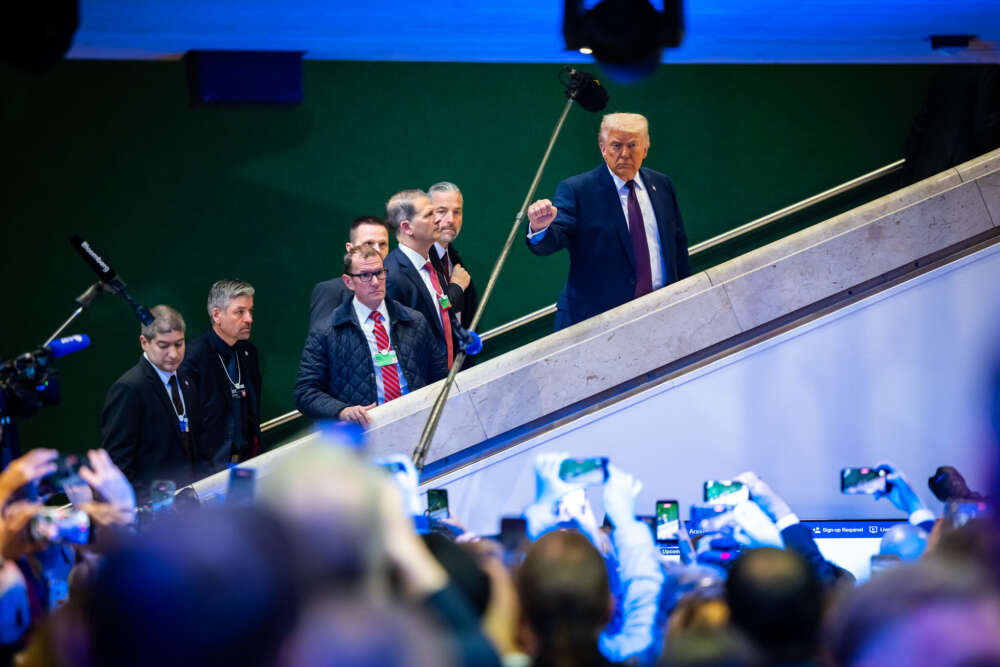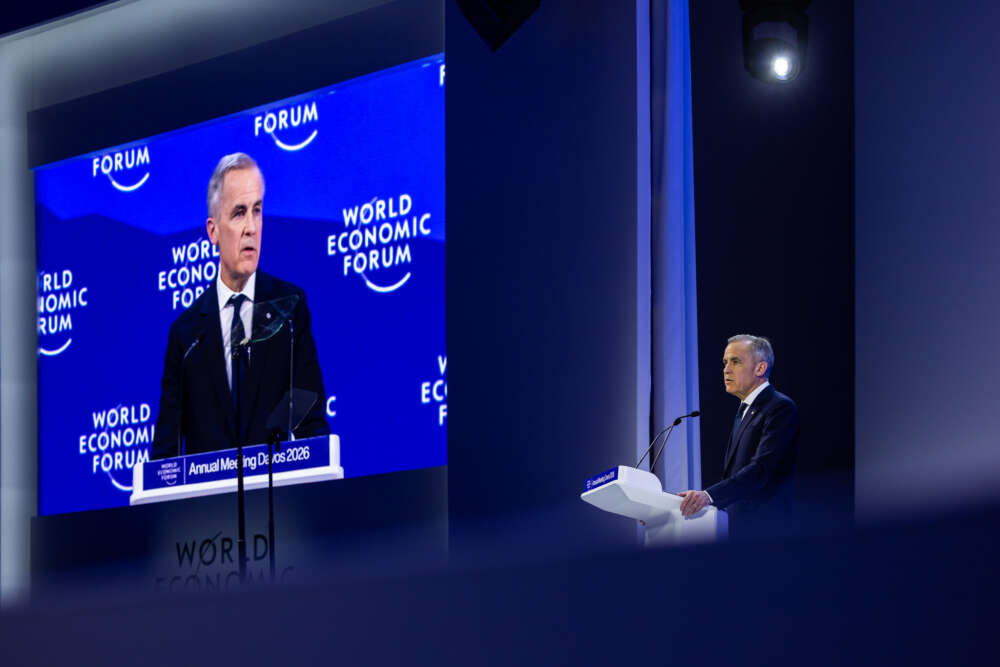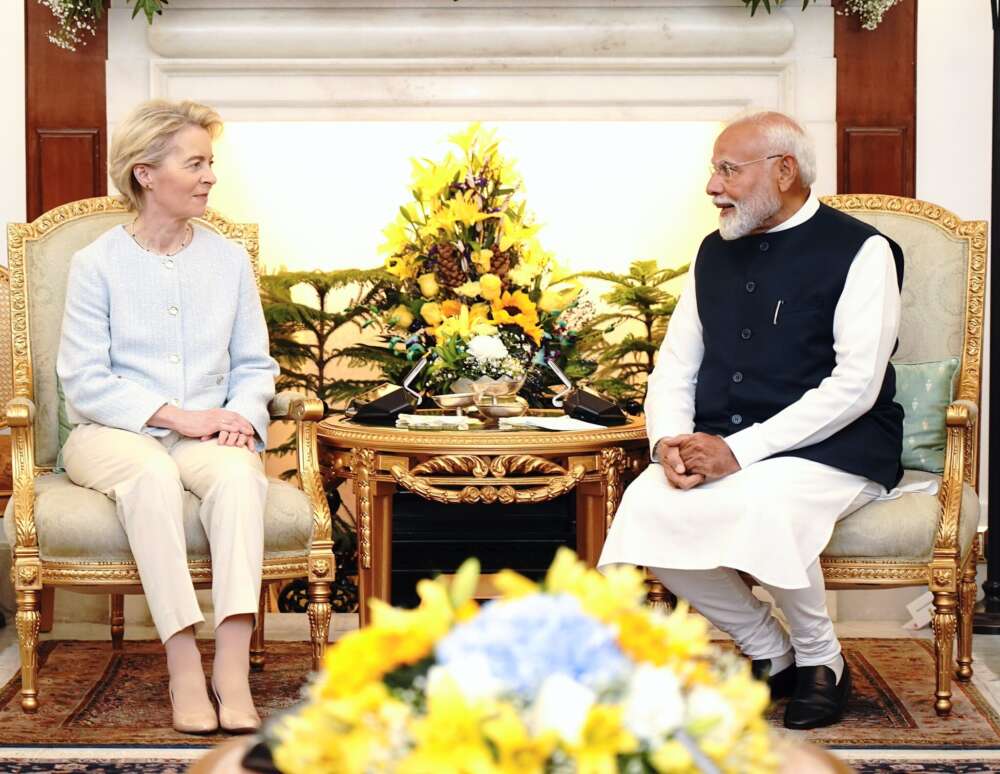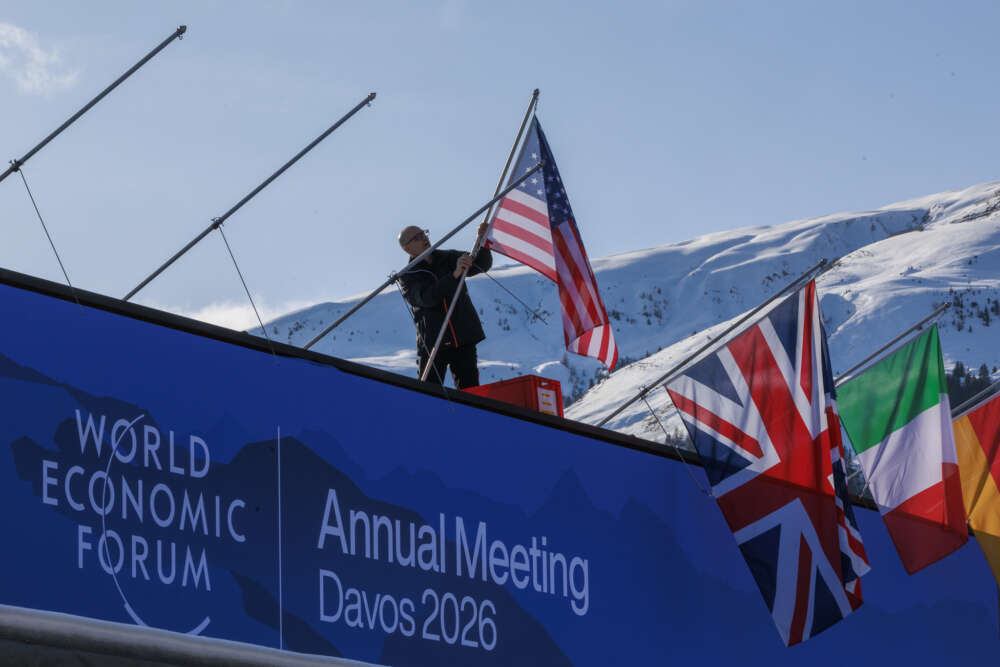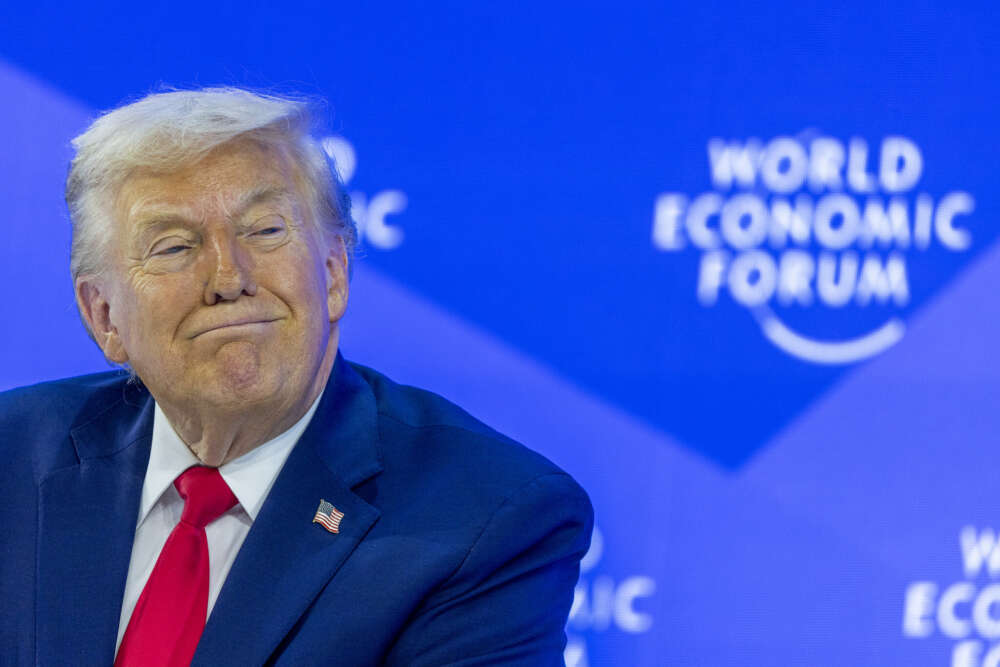The Self-Destruction of the Liberal West
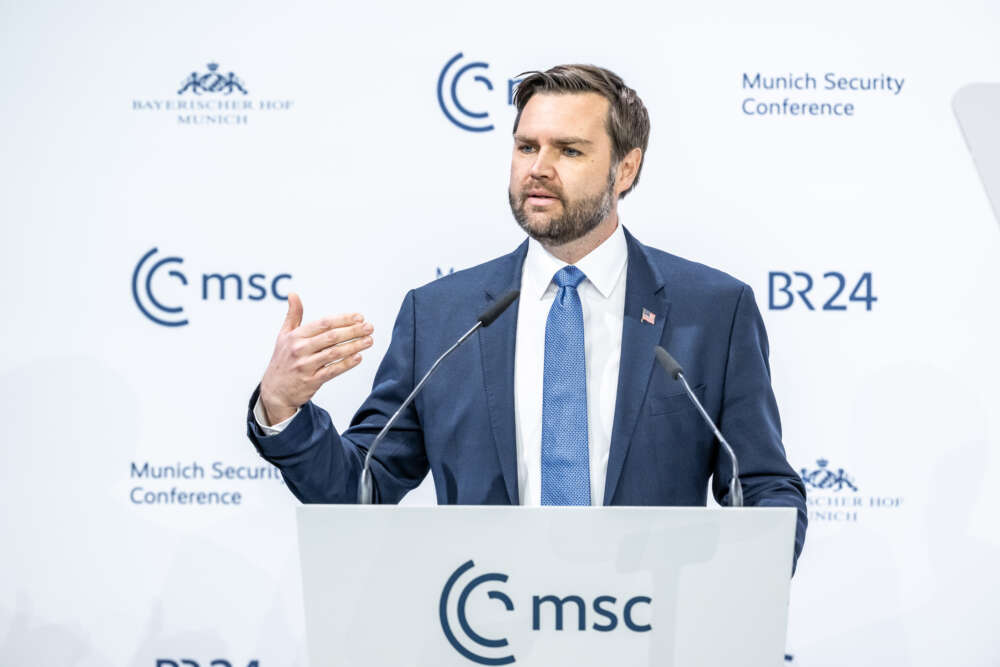
Read in German
Almost exactly 80 years after the end of the Second World War, we are witnessing the self-destruction of the liberal West as a community of values and collective security. In the eyes of many non-Western observers, talk of a “rules-based international order,” which in recent decades has been a staple of nearly every statement from the G7 countries, was already full of hypocrisy. Who makes the rules, and for whose benefit? Who decides on exceptions and sanctions for rule violations? These questions had already been asked from Pretoria to Brasília long before the Western reaction to Hamas’s massacres of October 7, 2023, and Israel’s subsequent war in Gaza. Such accusations of hypocrisy presuppose that the West and its leading power, the US, at least professed to adhere to international rules. Only in contrast to this commitment to rules can one turn rule-breaking and hypocrisy into a scandalous issue.
With Donald Trump running US foreign policy, this is no longer the state of play. In his second term, Trump is rolling out a late-imperial approach of unabashed great-power politics. In his inauguration speech in January 2025, he referenced “Manifest Destiny” and spoke of the need for the US to once again see itself as a “growing nation” that must “expand our territory.” He celebrated President McKinley as a role model, the man who annexed the Philippines and incorporated it as a US colony. In this same address, Trump made claims on controlling the Panama Canal. He has since spoken about making Greenland part of the US and has not ruled out the use of military force against NATO partner Denmark. He is using economic coercion to force Canada to become the 51st state.
In early February 2025, during a visit by Israeli Prime Minister Benjamin Netanyahu, Trump announced his plan for the ethnic cleansing of Gaza and its takeover by the US. He praised Gaza’s potential to become the “Riviera of the Middle East.” When Russian President Putin annexed Crimea in 2014, he at least attempted to justify it with absurd legal arguments. Trump does not bother with such pretenses. He simply states that the US is pursuing these claims because it can and because they serve US interests.
Under Trump, the US has decisively turned away from “benign hegemony” – the idea that American power underwrites global public goods through bilateral programs, international institutions, and multilateralism. Many had long questioned the benevolence of US hegemony – particularly in Latin America. But Trump’s version of “predatory hegemony” represents a turning point for Europe, which has benefited from America’s “empire by invitation,” as Norwegian historian Geir Lundestad put it, for the past 80 years.
At the same time, Trump is systematically dismantling American tools of soft power, from USAID programs to the National Endowment for Democracy’s initiatives to support democracy globally. This withdrawal of support is already having catastrophic effects on the global humanitarian system. Meanwhile, Moscow and Beijing are celebrating. As US Secretary of State Marco Rubio boycotts global fora like the G20, China positions itself as a guarantor of stability and predictability, as evidenced at the Munich Security Conference (MSC) in February of 2025.
The end of the West as a liberal values-based community linking the US and Europe has arrived – as marked by US Vice President J.D. Vance’s speech at the MSC. Simultaneously, we are witnessing an attempt to establish a new illiberal West under US leadership, in alliance with right-wing authoritarian forces such as Hungarian Prime Minister Viktor Orbán and Israeli Prime Minister Benjamin Netanyahu. The latter sees himself as a Western bulwark in the fight of “civilization against barbarism,” as he stated in a speech before the US Congress. If the International Criminal Court (ICC) stands in the way of this fight, it will swiftly be denounced as “antisemitic” and sanctioned by the US.
European proponents of liberal democracy now face a US protector-turned-hostile. J.D. Vance and some of Trump’s tech-industry supporters (chiefly Elon Musk) openly aim to bring far-right forces to power in Germany and France. Their goal is to neutralize the European Union as a regulatory power that has the power and political will to go after US business interests. And they are increasingly making American security guarantees conditional upon European governments embracing their illiberal ideology.
At the Munich Security Conference, there was still a parallel presence of the “old liberal America,” with some Republicans privately expressing commitment to the traditional Western alliance. These quiet dissenting voices aside, there is currently no effective counterforce in sight.
The forces of liberal democracy in Europe have no one to blame but themselves. Over the past decades, they failed to adequately invest in their own security and to find effective antidotes to the illiberal forces within their own societies. This negligence has now backed them into an extremely vulnerable corner.
The principle of “rule of law, not rule of the strongest” (“Stärke des Rechts, nicht Recht des Stärkeren”) has been at the core of German foreign policy for the past three decades, touted by politicians across the political field (ranging from Foreign Minister Klaus Kinkel to Chancellor Angela Merkel to Chancellor Olaf Scholz). Today, it has become clear that this dictum depended on certain conditions – conditions Germany itself could not guarantee: the US exercising hegemony in service of international rules and institutions, however rudimentary and, at times, unfair. Now, with Trump, Putin and Xi embracing a return to “the rule of the strongest” and with neo-imperial thinking on the rise in spheres of influence, Europe’s liberal democracies are highly vulnerable.
In this increasingly hostile world order, Europe’s democracies must develop a realistic program to defend their interests. They should not count on much sympathy from the major non-Western powers. When a European participant lamented the end of the rules-based order at a panel at the MSC, Indian Foreign Minister Jaishankar countered that he would rather take his chances in a lawless jungle than in a manicured garden where the old West alone made the rules. Many countries of the Global South share a similar sense of skepticism toward a Europe they see as hypocritical and riddled with double standards. Clearly, the end of Europe preaching values would be welcomed by many more actors than purely the outright autocrats of the world.
Germany must now focus on interest-based cooperation with many countries – whether it be with old partners like Canada or Japan, or with nations in the Global South, regardless of their democratic credentials. The goal of stabilizing and advancing international agreements, where possible and sensible, will find many potential allies.
At the same time, Europe must take an honest look in the mirror regarding its own shifting attitudes toward global rules. Finland has completely suspended asylum rights at its border with Russia because Putin is using migration as a method of destabilization. The Baltic states, Poland and Finland have all withdrawn from the Ottawa Convention on anti-personnel mines because it deems them necessary to stop an aggressive Russia. These rules were never stress-tested for a war with Russia. Similarly, the World Trade Organization (WTO) was never stress-tested for the inclusion of an authoritarian, state-capitalist China that has not evolved toward a market economy.
Berlin must also recognize, as Brussels and Paris already have, that unfair competition from China poses an existential threat to its core industries. A “China Shock 2.0” is looming. When dealing with Beijing, Germany’s new motto must be: “Within the WTO where possible, beyond the WTO where necessary.”
In a world of “America First” and “China First,” Europe’s fight for strategic autonomy will only become tougher. To succeed, Germany must integrate security, economics and technology much more effectively. That is why technology and economic security need to be at the heart of the new National Security Council that Friedrich Merz, most likely Germany’s next chancellor, has vowed to establish once he takes office.
This piece was first published in German by BBUG in the third edition (March, 2025) of their magazine (“Perspektiven”).
